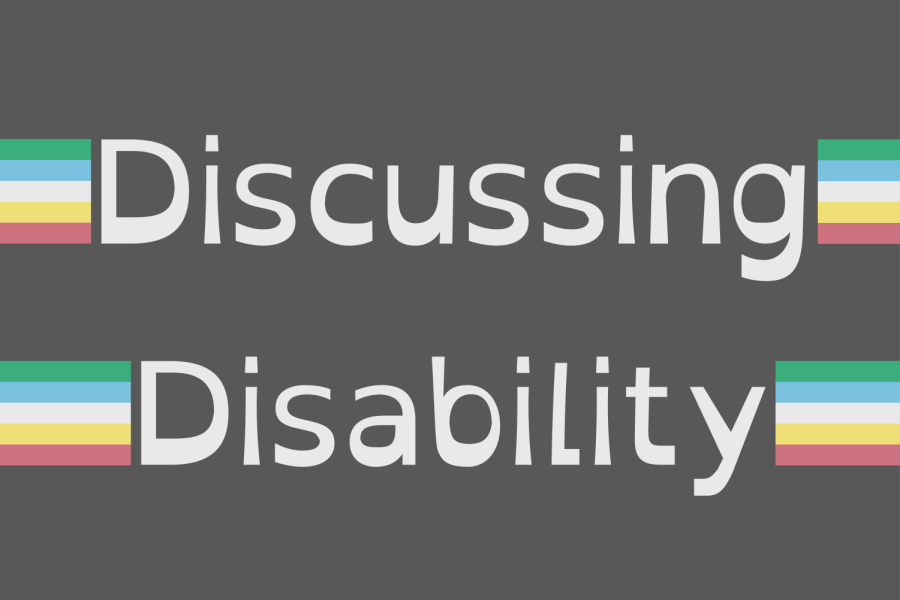Editor’s note: This author’s full name was withheld for their personal safety per request.
I find that there is something of a divide drawn between physical and mental disabilities in society. We are told that these disabilities are always separate from each other, and never equal. When I began my journey with disability following my first mental health diagnosis several years ago, I fell victim to this belief, deeply entrenched by ableism, or structural oppression against those with disabilities. There are many examples of ableism in society, but a common one is this: we are often told that mental disabilities are not as valid as physical ones, and physical ones are always validated in modern society. This is, of course, a well-crafted lie.
As is the case for most people with mental health diagnoses, I was met with a considerable amount of stigma when I would share my experiences. I was invalidated and told that I was just lying and making excuses for bad or non-normative behavior. I eventually invalidated myself and believed that if I were physically disabled, then other people would take my concerns seriously. Then I became physically disabled, and I found that nothing changed. Just like some people did with my mental disability, they blamed me for developing my condition. They claimed I was making excuses, and they claimed that my illness “wasn’t actually that bad.”
I was stunned. I had assumed, because everyone told me that physical disabilities weren’t stigmatized anymore, that I would not face the same discrimination and ableism that I had come to know so well from my mental health diagnosis. After experiencing varying forms of it for so long, I wanted so badly to believe that there was a situation or context in which ableism would no longer apply. For me, it was a reminder of how far we have left to go in the fight against ableism, stigma and injustice. Although there have indeed been major victories in the disability rights movement in recent years, it is critical to highlight that there is so much more that must be achieved before society can be deemed truly accessible. The fight did not end at the Americans with Disabilities Act, it is just getting started.
The dichotomy between mental and physical disabilities is a false one. Both types of disabilities are met with notable stigma, and to act as though that is not the case can be dangerous, and potentially invalidating to disabled people. As with all movements, the goal is to be as inclusive as possible, and that begins with accounting for as many experiences of disability stigma as we can. We must begin to recognize that there is work to be done in all areas of disability justice, and that we have a long way to go. Only by acknowledging that we are not yet there, can we go forward and accomplish all that we have left to do.
I long for the day when stigma and microaggressions will be no more, and stories like mine will become a relic of the past.
The Disability Culture Club can be reached at [email protected].



















